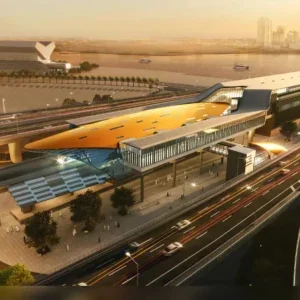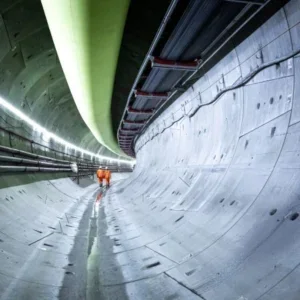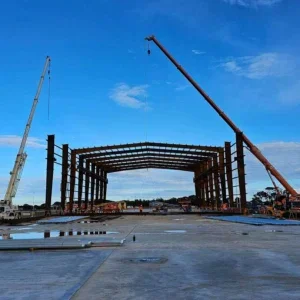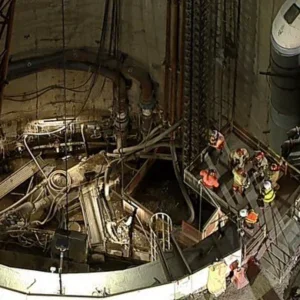The group gives its mission as “to promote awareness of the value of underground assets and to create a policy framework that can enable its fair use. To inform and guide the general public, decision makers, politicians and professionals how the use of urban underground space can create better cities with socio-economic benefits for society. To encourage planners and decision makers to think deep.”
Specifically, it has five goals:
- To promote the importance of sustainable and compatible use of urban underground space an enhance awareness of the value it can generate for cities
- To create a three-dimensional spatial planning strategy and define processes for safeguarding spaces underground
- To be a facilitator bringing together interested organisations and individuals with a singular campaigning voice
- To improve plans for future underground infrastructure and help co-ordinate a multi-disciplinary approach
- Develop guidance and best practice
The groups one year plan primarily involves three workshops, each of which will result in a white paper from the group. The first will be a 3D modelling occasion, then policy/legislation and finally an ‘opportunities’ workshop (blue sky thinking). These three events will inform the group’s direction going forwards.
Petr Salak, speaking on behalf of Think Deep UK said: “We want to create a common vision for urban underground space to transform our cities for the benefit of society. To do this we need a master plan for underground space – this needs to be developed by experts across multiple disciplines, reforming policy to ensure a proactive, not reactive approach.”
Former ITA president Martin Knights said: “It is absolutely essential to get all of these different sorts of people involved. I would like to see more city planners and people from that side.”
London Underground’s engineering profession head for deep tunnels Keith Bowers said: “This challenges the way we think, how to develop cities as a whole and not just metro or sewer networks individually. The industry should embrace it as a challenge – London should in particular. If this group has a particular value for me, it is as a lobby to shape the future of cities.”
Han Admiraal of the ITA Committee for Underground Space said: “People are not thinking enough about underground space. Politicians are fascinated by the potential and want to address it with us. We have a tendency to rely too much on political leadership on this issue, there is a lack of demonstration from our side.
“No longer will you hear me quote the successes of the past as rationale for the future, we now live in an era where human activities are influencing the Earth’s geology and ecosystems, we are changing the urban fabric beneath our cities. We need to think deep about our actions and the opportunities that lie below the surface”.
British Tunnelling Society chair Mark Leggett said: “The reason the BTS is endorsing this project is that the case for underground space has never been clearer, we need a sea change in our thinking about and use of underground space to meet the needs of society. The equation absolutely points to tunnelling.”
Alun Thomas, head of tunnelling at Ramboll said: “Hopefully we are reaching a point where we will be pushing an open door regarding underground space. The pressure in our cities means that on a political level we will have to use space coherently, not just for single end-uses. We have to get multipurpose underground space, that is the step change. I passionately believe in this stuff.”







